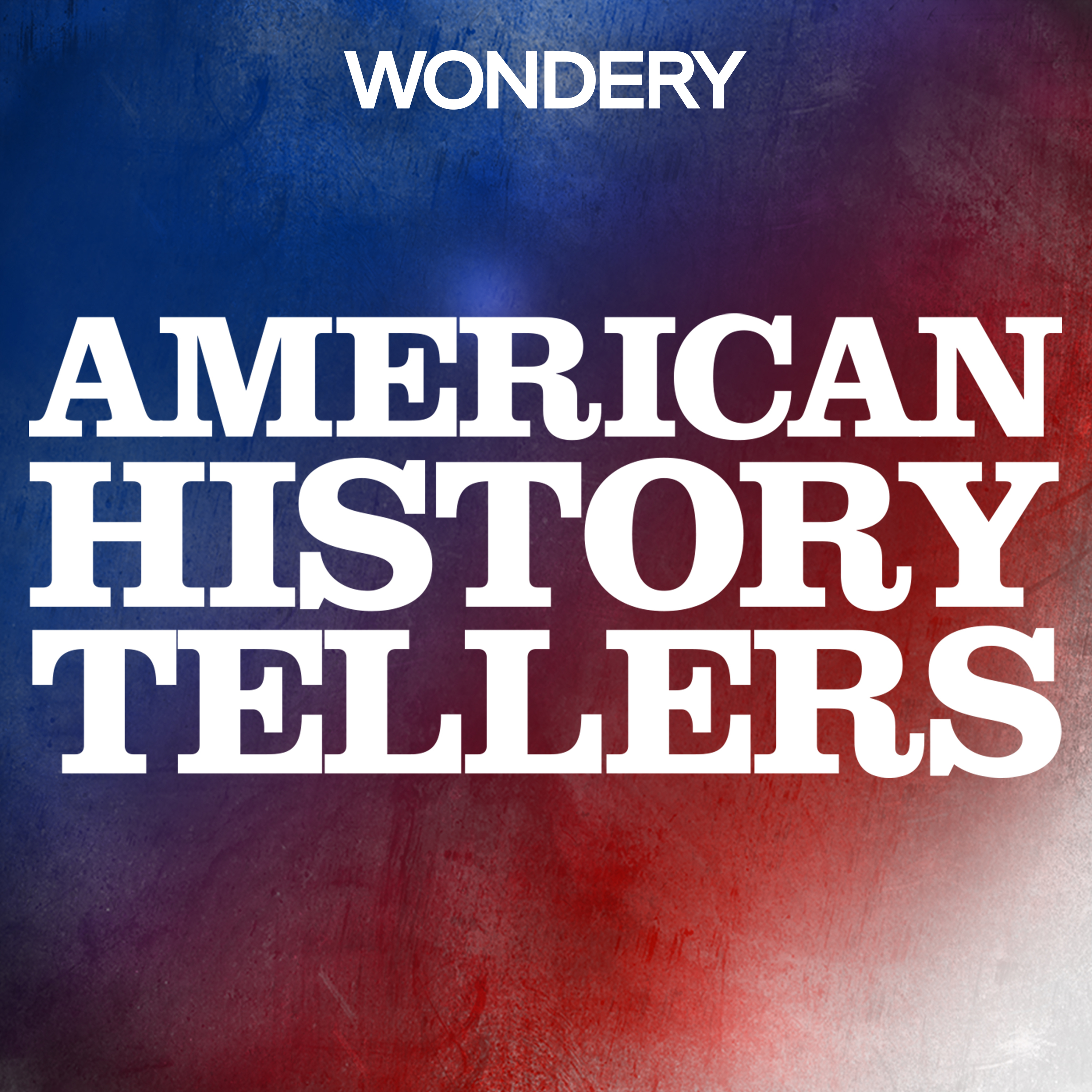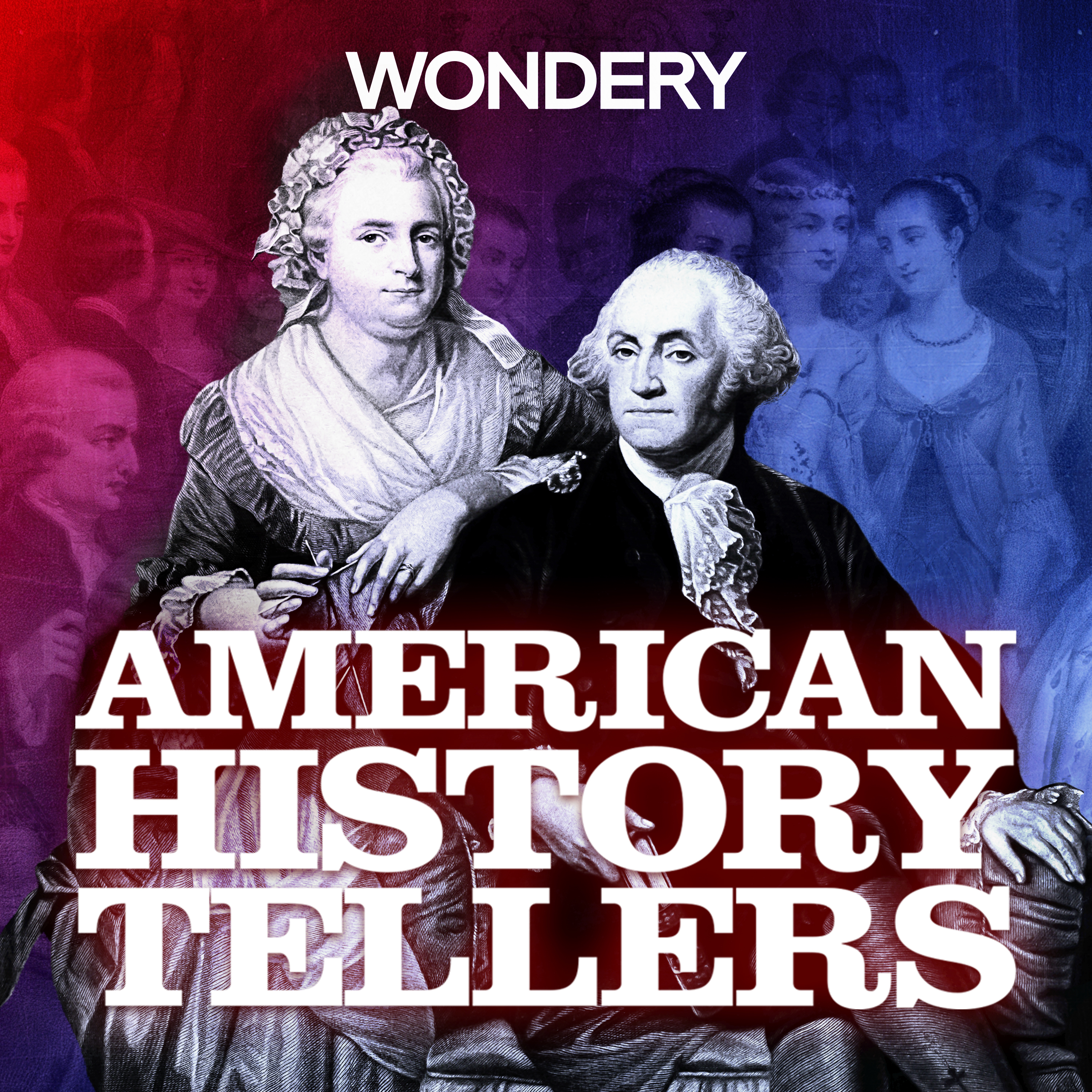
FDR & Churchill: A Friendship For the Ages with History Hit's Dan Snow | 1

American History Tellers
Deep Dive
What was the strategic position of Winston Churchill and Great Britain when he became Prime Minister in May 1940?
Churchill became Prime Minister at a critical juncture when Hitler launched the most successful military offensive in history, the blitzkrieg through France and the Low Countries. Britain faced threats from Germany, Italy, and Japan, and Churchill lacked the confidence of his own political party and the broader nation. His strategy was to project unwavering strength and determination against Nazism and to secure American support.
Why were the United States initially reluctant to enter World War II?
The U.S. was reluctant to enter the war due to isolationist sentiment, a desire to avoid another horrific conflict in Europe, and a focus on recovering from the Great Depression and the wounds of World War I. Americans did not want to get dragged into what they saw as Europe's war and the squabbles of empires.
How did the Battle of Britain challenge the myth of the German Air Force's superiority?
The Battle of Britain was not a simple David versus Goliath story. While the German Air Force was larger, many of their aircraft were obsolete or unfit for the task. The British had equal numbers of frontline fighters and a significant advantage in fighting over home territory, allowing downed pilots to quickly return to action. Additionally, British radar technology provided crucial early warning and efficient interception capabilities.
What was the impact of the Blitz on British society and morale?
The Blitz was a period of relentless German bombing that caused immense destruction and hardship. While the British showed remarkable resilience and social cohesion, there were also instances of crime, scavenging, and loosening social norms. The government controlled the narrative to emphasize unity and perseverance, but the reality was more nuanced, with both collective effort and individual opportunism.
What was the nature of Churchill's visit to the White House after the attack on Pearl Harbor?
Churchill's visit to the White House was a strategic move to secure American support and to ensure the U.S. focused on defeating Germany first. The visit was marked by long dinners, cocktail hours, and intense strategy talks. Churchill charmed Roosevelt, Congress, and the American public, despite his demanding and peculiar habits, such as drinking sherry before breakfast and his famous encounter with Roosevelt while naked.
What were Churchill's initial thoughts about the D-Day invasion?
Churchill was initially reluctant to launch a major invasion in Northwest Europe, preferring alternative strategies such as attacking through the Balkans or Italy. He was concerned about the high casualties and the difficulty of breaking through German defenses. However, he was eventually persuaded to support D-Day, which was crucial for the Allied victory.
How did the Allies achieve the element of surprise during D-Day?
The Allies used a massive deception campaign called Operation Fortitude, which included fake army groups, double agents, and fake military equipment. This convinced Hitler that the main attack would come across the narrowest part of the English Channel near Calais, rather than in Normandy. As a result, the Germans were unprepared for the actual D-Day landings.
What were the key outcomes of Churchill's visit to the White House in terms of the U.S.-UK relationship?
Churchill's visit to the White House cemented a special bond between the U.S. and UK. They agreed on crucial strategies, including a single command center in Washington and the appointment of supreme Allied commanders. Most importantly, Churchill secured a promise from Roosevelt that the U.S. would prioritize the fight against Germany over Japan.
What lessons can be drawn from the relationship between Churchill and Roosevelt for modern leadership?
The relationship between Churchill and Roosevelt highlights the importance of building strong relationships, understanding trust and loyalty, and making compromises. Effective coalition leadership involves harnessing the combined resources and strengths of allies, even when there are different agendas. The key is to keep the big picture in mind and to be willing to make sacrifices for the greater good.
- Churchill became Prime Minister as Hitler launched the Blitzkrieg.
- Churchill faced internal and external threats.
- His strategy was to project strength, resist Nazism, and involve the US.
Shownotes Transcript
Great Britain and the United States have always enjoyed a special bond, and nowhere has that been more evident than in the friendship between President Franklin Delano Roosevelt and Prime Minister Winston Churchill. After the attack on Pearl Harbor in 1941, Churchill went to stay at the White House, part of a charm offensive to secure American help in the fight against fascism. Today, Lindsay is joined by British historian Dan Snow, host of* Dan Snow’s History Hit) *podcast. They’ll discuss the importance of the friendship between the two leaders at a time when the free world hung in the balance, and how their cooperation helped orchestrate D-Day and the liberation of Europe.
You can read more about Churchill’s White House visit in the book inspired by this podcast, The Hidden History of the White House: Power Struggles, Scandals, and Defining Moments).
Be the first to know about Wondery’s newest podcasts, curated recommendations, and more! Sign up now at https://wondery.fm/wonderynewsletter
Listen to American History Tellers on the Wondery App or wherever you get your podcasts. Experience all episodes ad-free and be the first to binge the newest season. Unlock exclusive early access by joining Wondery+ in the Wondery App, Apple Podcasts or Spotify. Start your free trial today by visiting wondery.com/links/american-history-tellers/ now.
See Privacy Policy at https://art19.com/privacy) and California Privacy Notice at https://art19.com/privacy#do-not-sell-my-info).